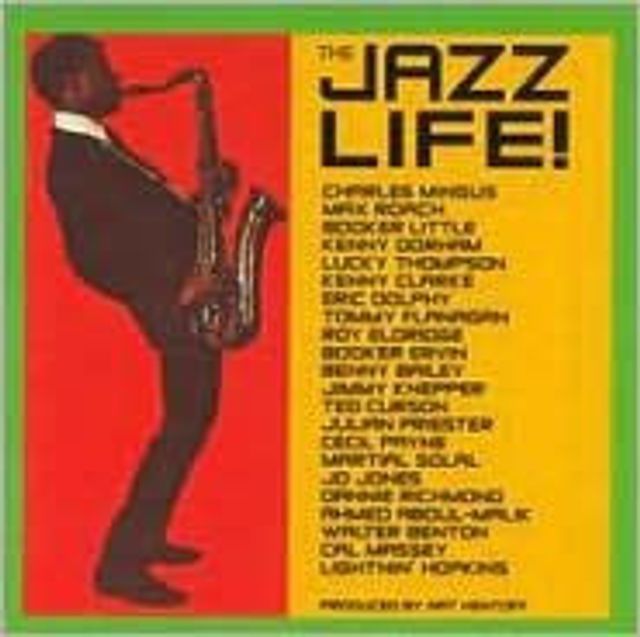Home
Jazz Goes to College
Loading Inventory...
Barnes and Noble
Jazz Goes to College
Current price: $36.99


Barnes and Noble
Jazz Goes to College
Current price: $36.99
Loading Inventory...
Size: OS
*Product Information may vary - to confirm product availability, pricing, and additional information please contact Barnes and Noble
(piano) began his
association on a second album of material that his quartet had cut during its spring of 1954 tour of North American college campuses,
(1954) being the first. Joining
are
(alto sax),
(bass), and
(drums), whose support of
is uniformly flawless, ultimately producing what many consider as the most memorable music in the artist's canon.
commences the platter from sides documented at the University of Michigan in Ann Arbor. The heavily improvised tune is formed on an eight-bar
as
steers the combo via his inspired and lyrical leads. The bouncy
comes via a show at the University of Cincinnati and centers on
's uncanny timing as his passages quickly vacillate between edgy and atonal to decidedly more fluid and melodic. Again,
is nothing short of exemplary as his sax weaves around the rhythm section.
hails from Oberlin College in Ohio and provides
another strong vehicle. His lines tie
' prominent propulsions together with
's solid backbeat and
's similarly aggressive bashing. This takes place behind
's emphatic and frenetic pounding and garners considerable appreciation by those in attendance. The sturdy
supporting
's
is given further fuel thanks to the combination of
's straightforward and unfettered blows and
's punchy interjections.
is a minor masterpiece as
's efforts resonate his exceptional fluidity. In fact, practically the whole track is marked by his cool, limber phrasing, with
taking the helm only briefly at the end. The refined and stately reading of
reaches far beyond the
intimated by the sense of forlorn in
's contributions, thanks to the simple if not austere arrangement. The converse can be said regarding the striking energy of
as the band leans in hard with a purpose and finesse that can be eloquently summed up in the final phrase as all four members seemingly draw the song to a dynamic and dramatic conclusion. Indeed the genre gets schooled on
, a (dare say) perfect representation of
's pre-
(1959) antics in the preferable concert performance setting. ~ Lindsay Planer


















